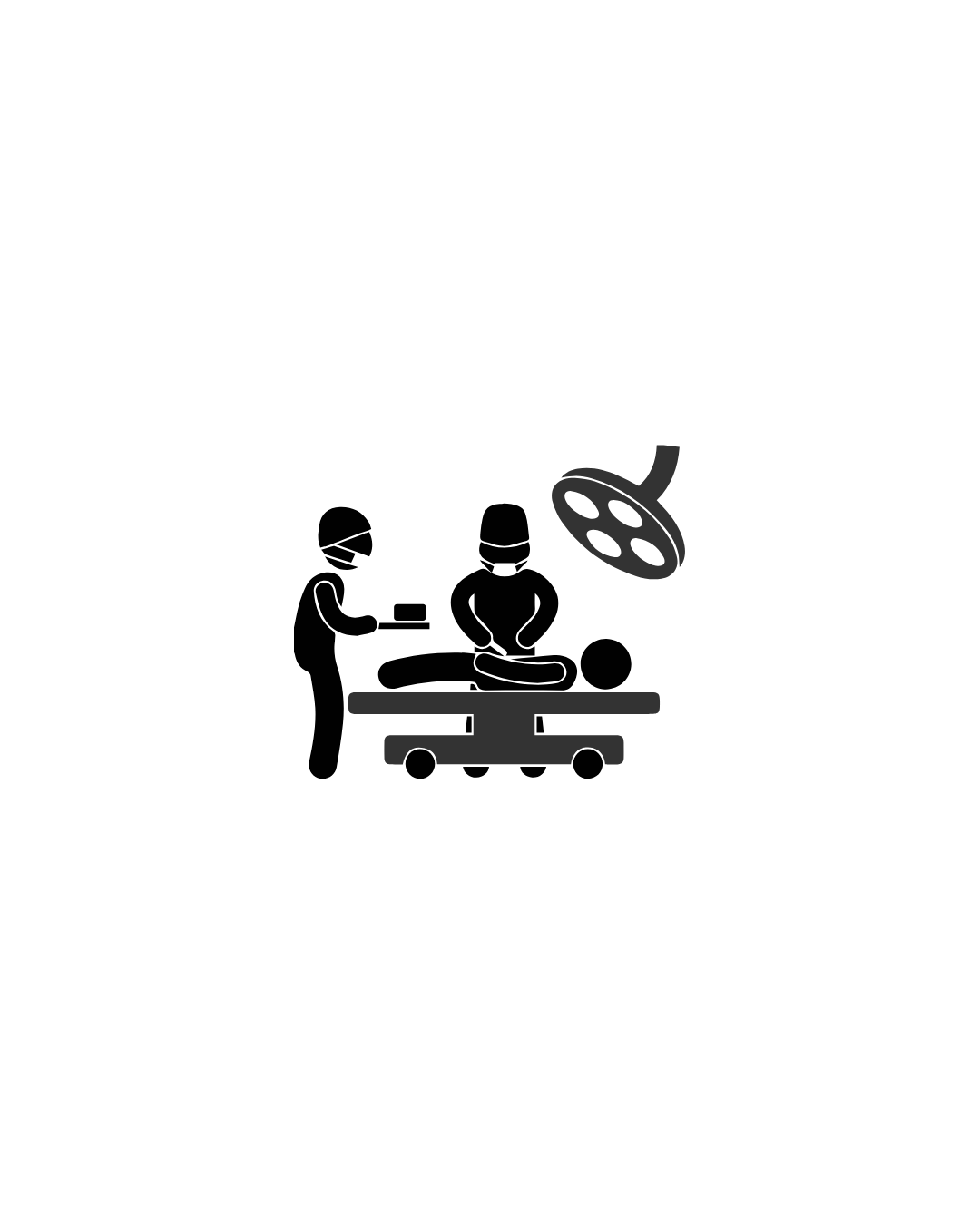Description
Overview of Bachelor of Vocation (B.Voc) in Operating Theatre Technician
The Bachelor of Vocation (B.Voc) in Operating Theatre Technician is a specialized program aimed at training students to support surgical teams in various healthcare settings. This program focuses on equipping students with the knowledge and skills necessary to assist in the preparation and maintenance of the operating theatre, ensuring a safe and sterile environment during surgical procedures. Graduates will be prepared to work alongside surgeons, anesthetists, and nursing staff in hospitals and surgical centers.
Core Areas of Study in B.Voc in Operating Theatre Technician
Surgical Procedures and Techniques
Understanding various types of surgical procedures, their protocols, and the roles of different healthcare professionals in the operating theatre.
Anatomy and Physiology
In-depth study of human anatomy and physiology pertinent to surgical practices, including the structures and systems typically involved in surgeries.
Infection Control and Sterilization
Learning about infection control measures and techniques for sterilizing instruments and maintaining a sterile environment in the operating theatre.
Surgical Equipment and Instrumentation
Gaining knowledge in the use and maintenance of surgical instruments and equipment, including how to prepare and organize tools for specific procedures.
Patient Preparation and Safety
Techniques for preparing patients for surgery, including preoperative assessments, positioning, and monitoring.
Emergency Procedures and Protocols
Understanding emergency protocols in the operating room, including how to respond to intraoperative complications and patient emergencies.
Teamwork and Communication in the Operating Room
Developing effective communication and collaboration skills to work efficiently in a surgical team environment.
Legal and Ethical Aspects of Surgical Care
Learning about the ethical and legal responsibilities of operating theatre technicians, including patient consent and confidentiality.
Curriculum Structure
A typical Bachelor of Vocation in Operating Theatre Technician program may include:
Core Courses: Subjects covering surgical techniques, anatomy, infection control, surgical equipment, and ethics.
Practical Training: Hands-on laboratory sessions to practice maintaining a sterile environment and familiarize students with surgical equipment.
Clinical Practicum: Internships in hospital operating rooms, allowing students to learn in real surgical settings under the supervision of experienced professionals.
Admission Requirements
Admission to the B.Voc in Operating Theatre Technician program typically requires:
A high school diploma (or equivalent), with a focus on science subjects such as biology and chemistry.
Some institutions may require an entrance exam or interview to assess the candidate?s suitability for the program.
Skills Developed in the B.Voc in Operating Theatre Technician Program
Graduates of the Bachelor of Vocation in Operating Theatre Technician will acquire essential skills, including:
Technical Proficiency: Familiarity with surgical instruments, sterilization techniques, and the operation of surgical equipment.
Infection Control Knowledge: Strong understanding of principles of infection prevention and maintaining a sterile environment.
Patient Care Skills: Ability to assist in preparing patients for surgery, ensuring safety, comfort, and proper positioning.
Collaboration Abilities: Effective teamwork and communication skills to function efficiently within the surgical team.
Quick Thinking and Problem-Solving: Skills to respond to unexpected situations and maintain composure in high-pressure environments.
Career Opportunities
Upon completion of the B.Voc in Operating Theatre Technician, graduates can pursue various career paths, including:
Operating Theatre Technician
Supporting the surgical team in the preparation and maintenance of the operating room, assisting during surgical procedures.
Surgical Assistant
Assisting surgeons and nurses during operations by handing instruments and ensuring the sterile field is maintained.
Surgical Technologist
Specializing in the practical aspects of surgical procedures, including instrument handling and assisting with patient care.
Infection Control Specialist
Focusing on infection prevention measures in surgical and healthcare settings.
Healthcare Facility Support Staff
Working in various capacities within surgical or healthcare facilities to ensure efficient operations.
Conclusion
The Bachelor of Vocation in Operating Theatre Technician provides students with essential training for a career in the surgical field. With a strong emphasis on technical skills, patient safety, and teamwork, graduates are well-equipped to support surgical teams and ensure effective surgical care. If you have any further questions about the B.Voc in Operating Theatre Technician or related topics, feel free to ask!









